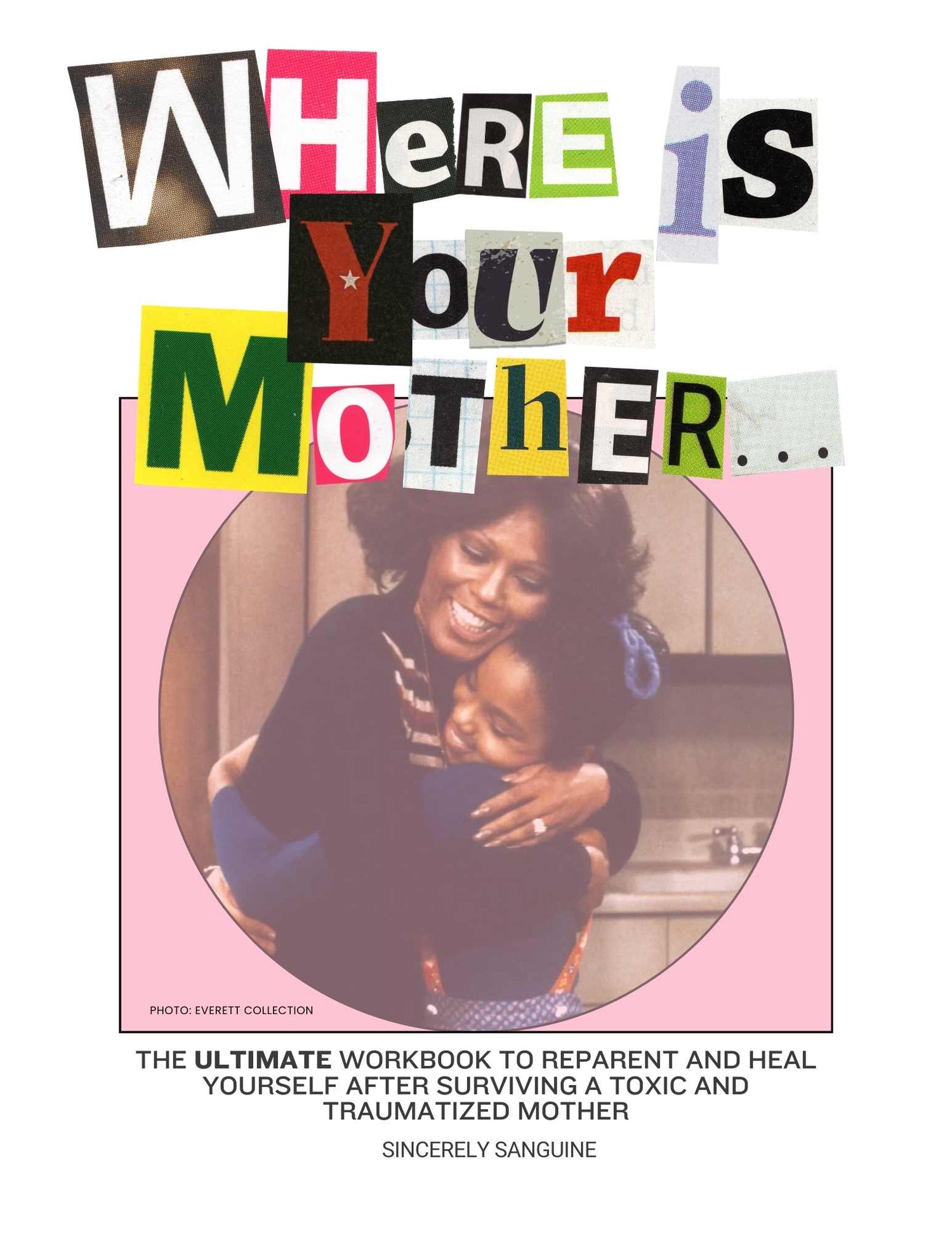
Misogyny & Sexualization on 'Summer House'
5 minute read
Share with a friend
Let's talk about it! As Keke Palmer stated during her Them.Us interview, "Oh my gosh, I hate misogyny. I hate the patriarchy. You're done! You're done! You're done!"
Delve into the impactful experiences of Jordan Emanuel, a multi-talented individual and advocate, as she navigates the hit Bravo show 'Summer House: Martha's Vineyard.' Despite the show's focus on fun and friendship, misogyny and objectification emerge as challenging obstacles. From harmful labels to inappropriate remarks, Jordan faces the distressing effects of objectification. This blog explores her emotional breakdown, the lessons learned, and draws parallels with the objectification depicted in the film 'Legally Blonde.'
In the hit Bravo show 'Summer House: Martha's Vineyard,' viewers are introduced to a house filled with African-American individuals from diverse backgrounds. The show aims to showcase their summer of fun, friendship, and exploration of the vineyard, while also shedding light on the rich history of Oak Bluff, a prominent black landmark. However, despite the refreshing absence of typical reality TV drama, misogyny reared its ugly head, targeting fan favorite Jordan Emanuel.
Who is Jordan Emanuel:
"Jordan Emanuel is a model, journalist, philanthropist, Playboy's final Playmate of the Year, Playmate of the Month for December 2018, and Miss Black America New York 2018. She is the only Black Playboy Bunny to later became Playmate of the Year and is a co-founder of the non-profit Women With Voices."
(source: https://www.jordanemanuel.me/)
The situational breakdown and emotional turmoil:
Despite her achievements and multifaceted identity, Jordan found herself at the receiving end of harmful labels and stereotypes upon entering the Summer House. Castmate Amir Lancaster selected her as his crush, leading to an unspoken distance between her and another castmate, Alex Tyree. Jordan's arrival was accompanied by assumptions, such as being labeled a "party girl" and a bad influence on her friend Jasmine Ellis Cooper, who had recently gotten married. Furthermore, she faced wildly inappropriate jokes, remarks about her appearance, and persistent unwanted attention.
Jordan's efforts to express her discomfort to her fellow castmates did not result in any significant changes. This lack of support and understanding ultimately led to a tearful breakdown, in which Jordan voiced her exhaustion and frustration. She revealed that she felt her body had been objectified, and she was tired of being treated as a willing participant in the men's objectification.
Although, Jordan may have confided in her other castmates about her discomfort, there were no changes and unfortunately a breakdown was the catalyst for a breakthrough.
Understanding Objectification:
Objectification, both external and self-imposed, plays a significant role in Jordan's journey. It is defined as the reduction of a person to an object for others' gratification. Objectification theory helps shed light on its harmful implications, illustrating how it dehumanizes individuals and perpetuates gender inequalities. Jordan's experiences serve as real-life examples of the objectification women often face.
The Distinction: Objectification vs. Sexualization:
It is essential to distinguish between objectification and sexualization. While sexualization refers to the recognition of someone's sexual attributes, objectification reduces a person to those attributes, disregarding their autonomy and personhood. Jordan's ordeal exemplifies the detrimental consequences of being treated as an object of desire without consent.
Exploring Self-Objectification:
Self-objectification, the internalization of objectifying beliefs, also comes into play. Jordan's experiences highlight the impact of societal pressures that lead individuals to view themselves primarily through a sexual lens. Self-objectification can negatively affect self-esteem, body image, and overall well-being.
The Role of Attraction:
Attraction should never justify or perpetuate objectification. It is crucial to recognize that attraction and objectification are distinct. The former involves genuine appreciation and respect, while the latter objectifies and devalues individuals.
The Tearful Breakdown and Breakthrough:
In the midst of what Amir perceived as a harmless joke about Jordan's celibacy. Jordan tearfully expresses that she is tired. She is tired of the constant sexualization and feels that the men have taken ownership of her body and she is not a willing participant.
Here's what the people on Reddit had to say about the Jordan, Amir, and Alex debacle:
"She probably just went with it. Happens alot as women. But I think the confusion from the men, on why Jordan was upset, is exactly why she needed to say something. She should have addressed the comments when they happened to immediately set a boundary but sometimes it's hard to do that especially if you're not used to speaking up on your own behalf. The thing is she can clearly speak her mind but it seems like it happens when it's at a point of boiling over. Hopefully she's learned how to move differently so she can protect her heart / feelings. She has been sexualized a bunch and that's not a great feeling."
"Jordan needs anger management"
Challenging Objectification and Promoting Change:
Lessons learned from Jordan's situation:
Exploring the Harm in Sexualization: 'Legally Blonde' as an Example: The 2001 film 'Legally Blonde' provides an apt illustration of the harm caused by sexualization. The protagonist, Elle Woods, is a beautiful, ambitious, and intelligent law student. However, she often encounters people who, due to her appearance, only see her as a sexual object rather than recognizing her intellect and capabilities. This example highlights the negative consequences of reducing someone's worth solely to their physical attractiveness.
Jordan Emanuel's experience on 'Summer House: Martha's Vineyard' serves as a reminder of the persistent presence of misogyny and the damaging effects of sexualization. Her emotional breakdown prompted a necessary conversation about setting boundaries and challenging harmful behaviors. By learning from this situation and actively working towards a more respectful and equal society, we can create an environment where individuals are valued for their true worth, beyond their appearances or sexual presentations.

